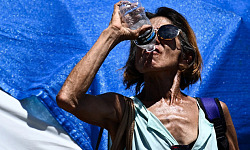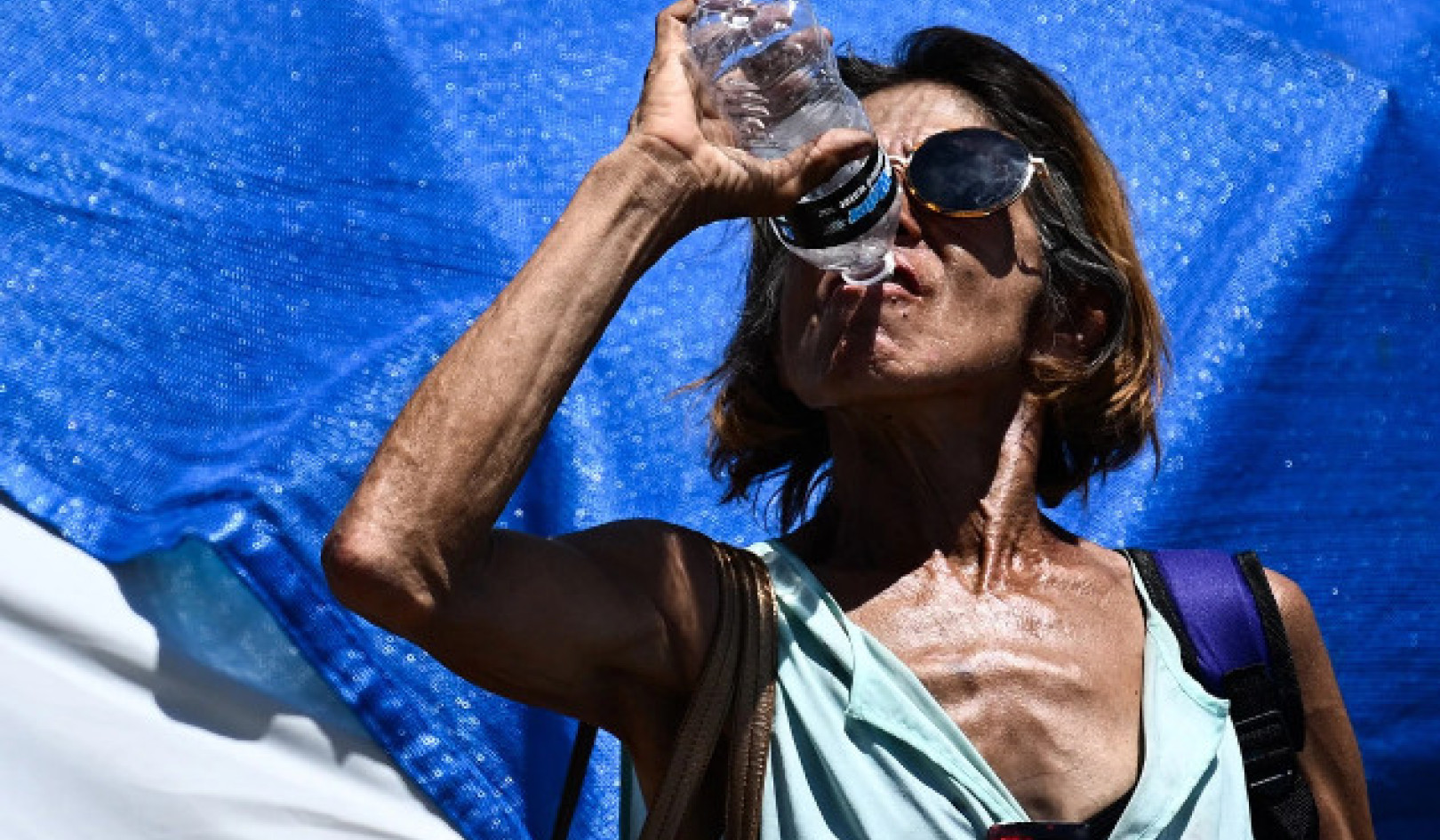
Human Survival in Extreme Heat: New Research
As temperatures rise globally, "human survival in extreme heat" is no longer theoretical. This article explores essential knowledge on "liveability in high temperatures," examining how age,...

The Math Behind Trump’s Disinformation Tactics
Trump's extreme messaging approach, recently criticized by Kamala Harris, isn’t random. Using mathematical analysis, Professor Dorje C. Brody reveals how disinformation and heightened rhetoric may...
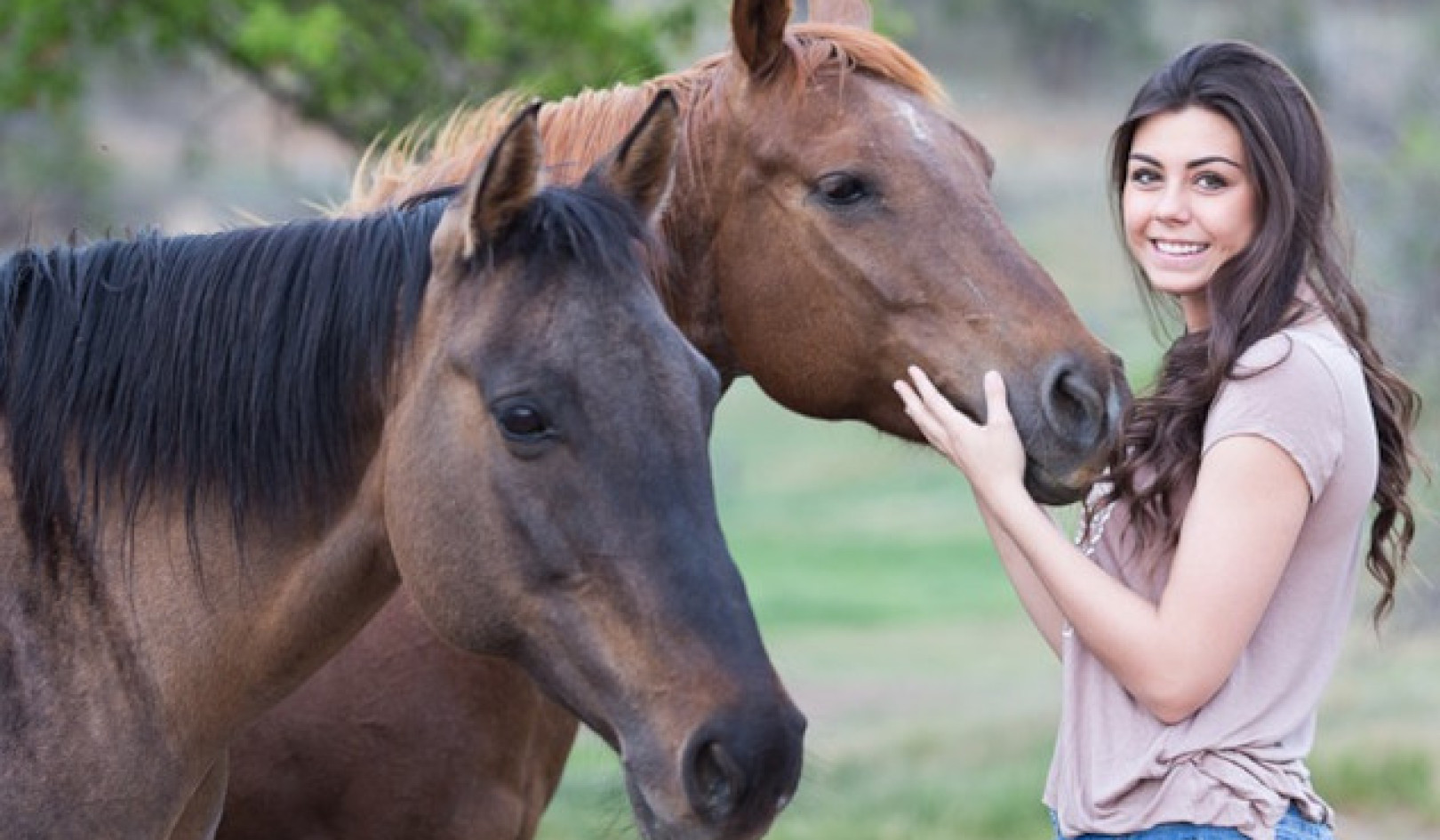
What Horses Can Teach Us About Life
This article explores how horses act as spiritual teachers, helping us connect with our authentic selves, recognize emotional cues, and embrace life’s challenges. Discover how working with horses...
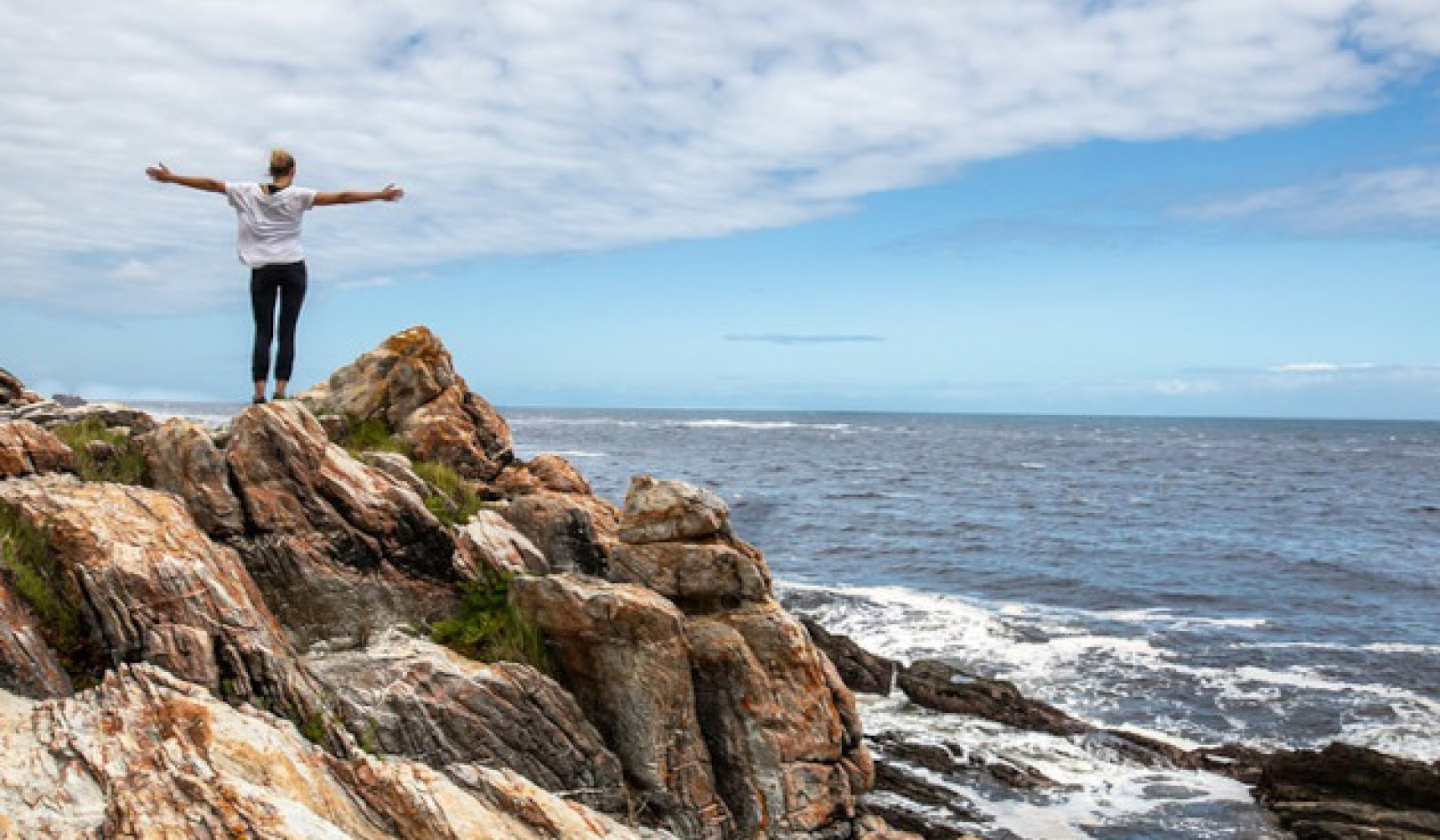
InnerSelf's Daily Inspiration: October 28, 2024
The Daily Inspiration is a short message to help set the tone for the day. It is linked to a longer article for additional insights and inspiration.
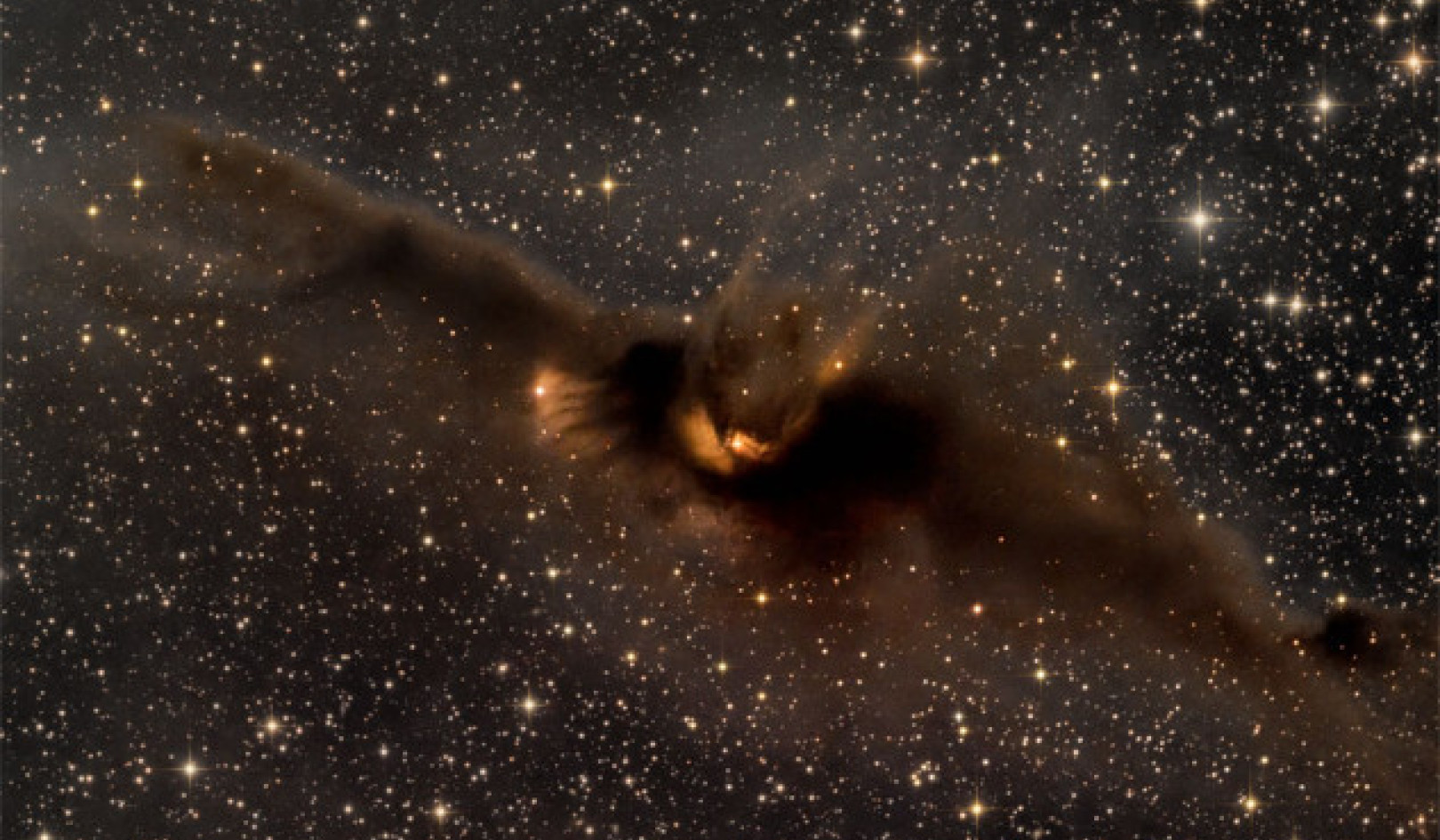
Astrological Overview and Horoscope: Oct. 28-Nov. 3, 2024
This weekly astrological overview is based on planetary influences, and offers perspectives and insights to assist you in making the best use of current energies. This column is not intended as...

Are Standing Desks Actually Good for Your Health?
Standing desks have surged in popularity, but new findings suggest prolonged standing may come with its own health risks. While sitting less is beneficial, simply standing all day isn't the...

Why Family Estrangement is on the Rise – Lessons from King Lear
In today’s world, family estrangement is more common than ever. Shakespeare’s King Lear provides profound insights into the emotional and ethical complexities of severing family ties—shedding...
Available Languages
MOST READ
How Gazing at Your Dog Connects Your Brains
Research reveals that eye contact with your dog forms a human-dog brain connection through a phenomenon called neural coupling. This…
It’s Time to Reawaken Our Love and Respect for America
Reflecting on America’s values, history, and freedoms, author Lyle Greenfield emphasizes the importance of restoring our national unity. By…
Men's Emotional Disconnection: Why Loneliness is Growing
Men are increasingly emotionally disconnected, leading to rising loneliness rates compared to women. Studies show traditional masculinity…
Collective Karma and Justice: How Do We Fit In?
Karma and justice often feel elusive, especially in a world filled with inequality and suffering. In this article, we explore how…
Taking Personal Responsibility: The Pros and Cons
Taking personal responsibility can significantly improve your life, but it also comes with challenges. In this article, we explore the pros…
Rewiring Your Brain with Right or Wrong Mindfulness
The mind-body connection is central to understanding and managing stress. This article explores how neuroplasticity reshapes the brain in…
Will the 2024 U.S. Election Decide Between Democracy and Autocracy?
The 2024 U.S. election isn't just a choice between political figures—it's a decisive moment for the future of democracy. With the…
2024 Business Decision: Vote Harris or Trump?
The 2024 election presents a critical decision: stick with the strong Biden-Harris economic performance or revert to Trump's risky…
MOST WATCHED
Astrological Overview and Horoscope: Oct. 21-27, 2024
This weekly astrological overview is based on planetary influences, and offers perspectives and insights to assist you in making the best…
Will the 2024 U.S. Election Decide Between Democracy and Autocracy?
The 2024 U.S. election isn't just a choice between political figures—it's a decisive moment for the future of democracy. With the…
Reclaiming the True Message of Jesus
How have movements like Christian Nationalism and the Prosperity Gospel deviated from Jesus’ actual teachings? This article explores how…
2024 Business Decision: Vote Harris or Trump?
The 2024 election presents a critical decision: stick with the strong Biden-Harris economic performance or revert to Trump's risky…
Why You Should Imagine Advice from Your Older Self
Imagining advice from your older self can help you reflect on critical life decisions and make better choices. Learn how this mental…
Human Survival in Extreme Heat: New Research
As temperatures rise globally, "human survival in extreme heat" is no longer theoretical. This article explores essential knowledge on…
Astrological Overview and Horoscope: Oct. 28-Nov. 3, 2024
This weekly astrological overview is based on planetary influences, and offers perspectives and insights to assist you in making the best…






